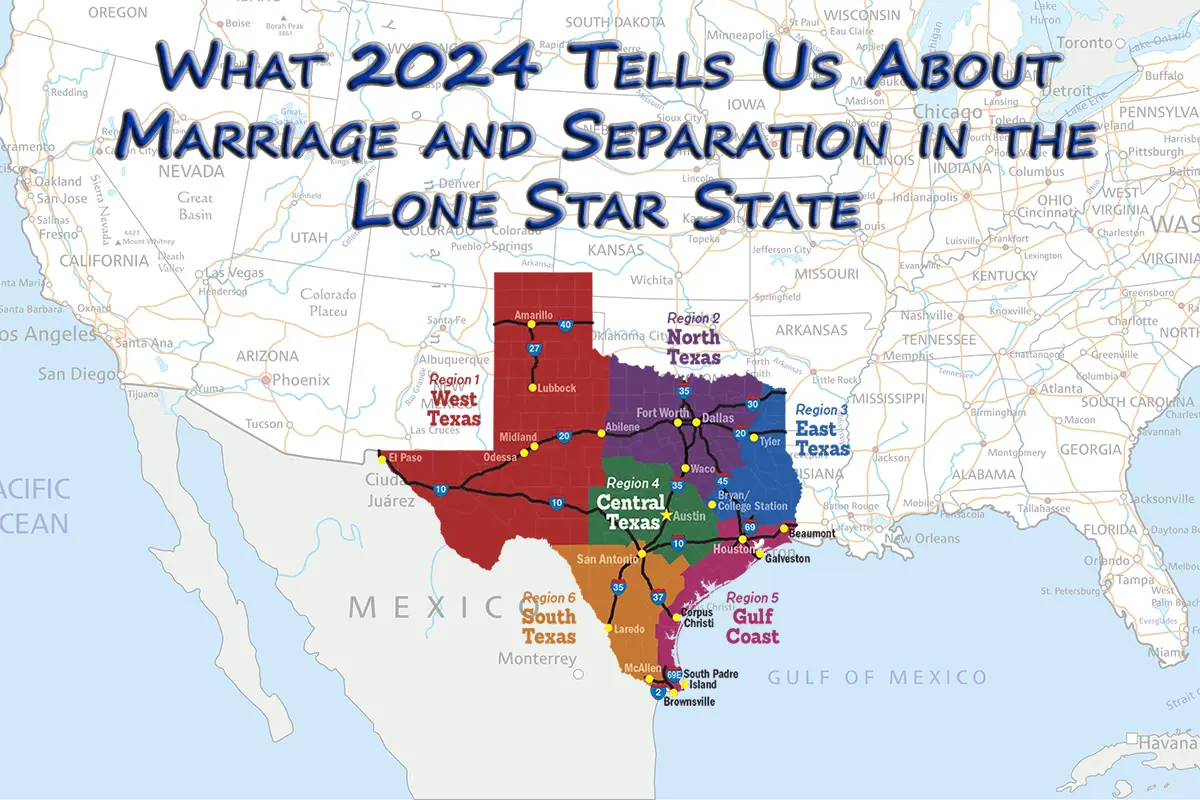Divorce is one of the most significant life changes a child can experience. While it’s often the best choice for a healthier family dynamic, it’s essential to understand how the process can affect children emotionally, socially, and academically. By preparing thoughtfully, parents can ease the transition and protect their children’s well-being.
🎯 Common Emotional Effects of Divorce on Children
Every child reacts differently, but some common feelings and behaviors include:
- Sadness and Grief: Children may mourn the loss of the family unit as they knew it.
- Anger or Blame: Some may feel that one parent caused the divorce or even believe it was their own fault.
- Anxiety and Fear: Worries about the future, changes in living arrangements, or financial stability can be overwhelming.
- Relief: In high-conflict households, children might feel relief when the tension subsides.
Understanding these reactions can help you offer reassurance and stability.
🧠 Impact on Development and Academics
Divorce can also affect a child’s school performance and social development:
- Academic Decline: Emotional distress may lead to difficulty concentrating or lower grades.
- Behavioral Changes: Acting out, withdrawal, or regression (like bedwetting) are not uncommon.
- Social Challenges: Children might struggle to maintain friendships or feel embarrassed discussing their family situation.
Proactive support from parents, teachers, and counselors is vital.

❤️ Supporting Your Children Through Divorce
Here are practical ways to help your child cope:
- Keep Communication Open: Encourage your child to share feelings and ask questions.
- Avoid Negative Talk About the Other Parent: Stay neutral and focus on reassurance.
- Maintain Routines: Consistency helps children feel secure.
- Seek Professional Help: Counseling can provide tools and safe spaces for children to process emotions.
🏡 Co-Parenting Strategies That Promote Well-being
Successful co-parenting after divorce is one of the strongest predictors of children’s adjustment. Consider these tips:
- Stay Respectful and Cooperative: Communicate calmly and avoid conflicts in front of your child.
- Be Consistent: Align on rules and expectations between households.
- Prioritize Stability: Minimize unnecessary disruptions to school, activities, and social circles.
📘 Frequently Asked Questions About Divorce and Children
Q: How long does it take children to adjust to divorce?
A: Adjustment periods vary, but most children begin to adapt within 1–2 years if they have consistent support.
Q: Should we tell our child together?
A: Yes. Experts recommend that parents talk to their child together in a calm, age-appropriate way.
Q: Will my child need therapy?
A: Not all children need counseling, but professional support can be extremely helpful if they show signs of prolonged distress.
Q: Can an uncontested divorce reduce stress for children?
A: Absolutely. Uncontested divorces are typically faster and less contentious, reducing emotional strain on the family.
💬 Ready to Move Forward? Let Us Help You Create a Smoother Transition
At Ready Divorce Service, we make uncontested divorce in Texas affordable, fast, and less stressful—for you and your children.
✅ Flat-fee services with no hidden costs
✅ Guided document preparation and filing
✅ Support from experienced professionals
📞 Call us today at (800) 432-0018 or start your case online.






